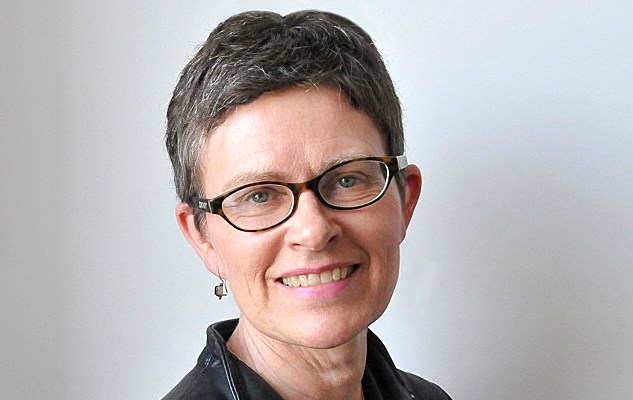Civic politicians may think an election every four years is enough opportunity for the public to weigh in on how much they get paid.
But they would be wrong.
In Metro Vancouver, politicians decide their own salaries, although they go to great lengths to put some distance between themselves and any increases.
The taxpaying public should be able to scrutinize council and school board pay packages easily, frequently and rigorously as well as comment and even have some input — and not just at election time.
Here's why:
For years, politicians' pay was low, possibly because there were other perks, such as prestige or opportunities for family and business advancement. But over the years, elected positions have been professionalized, with higher expectations, greater decision-making power over larger organizations and multi-million dollar budgets, and stricter conflict-of-interests rules.
This has led to politicians getting paid more — the equivalent of management positions in the private sector. For example, the average remuneration for a Metro Vancouver mayor is $102,017, the equivalent of a full-time job in a management or skilled leadership position, while councillors are typically paid a third to 40% of that salary, according to recent analysis done by the city of New Westminster.
But here's the thing: In the private sector, there is a boss or shareholders to scrutinize management salaries — not the case among the politicos.
In Metro Vancouver, politicians decide their own salaries, although they go to great lengths to put some distance between themselves and any increases. They do this by putting into place formulas for adjustments, many of them automatic.
PAY ADJUSTED
In Port Coquitlam, salaries are adjusted for inflation and posted online.
In Coquitlam, they are adjusted to match contracts for unionized employees.
In Port Moody, council salaries were raised in 2014 to keep up with politicians' pay in comparable cities.
Sometimes these pay hikes are hidden from view, as in the case of School District 43, where trustees' pay is the average of the Tri-City councillors (for a lot less time and a lot fewer meetings), adjusted annually by bureaucrats on Jan. 1 or soon thereafter. (Recently, The Tri-City News learned trustees' got a 5% pay raise, effective Jan. 1, 2016)
Arguably, there is some merit to having a formula and an arm's length distance between politicians and their pay adjustments. But the result is that the pay hikes aren't discussed in public, or if they are, by that time, they are more or less a fait accompli.
It's not until the annual statement of financial information comes out that the salary is revealed, although in some cases it's published online, but then it has to be matched with the previous year to see what has changed.
ASKING FOR INPUT
While it's likely many people aren't concerned with this issue — they're probably just glad someone is doing the job of looking after cities and schools — it's the principle of the thing. There's no reason not to post this information openly and proudly, if the pay can be justified.
That's why New Westminster deserves kudos for doing a rare thing: Council in the Royal City is reviewing its remuneration policy and is actually inviting public input. Not only that, but the proposed changes, including current and adjusted salaries, have been posted in the New Westminster Record, a sister paper of The Tri-City News, in the form of a public notice.
This kind of sunlight on a contentious issue is appreciated and while few will likely turn up to make a comment, the transparency can only enhance public trust.
Tri-City mayors, councillors and, especially, school trustees shouldn't be afraid do the same.
Diane Strandberg is a reporter with The Tri-City News who has covered school boards and city councils for over 30 years.



